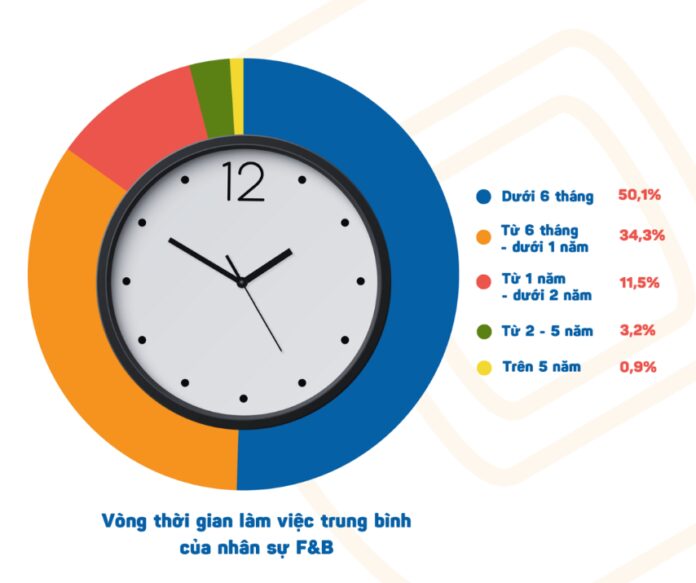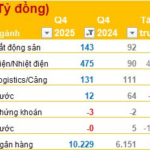iPOS.vn recently released its report on the Vietnamese F&B market for the first half of 2024 at the Vietnam F&B Summit 2024. A key feature of the report was an in-depth study of the F&B industry’s workforce, based on a survey of 1,307 respondents working in various provinces and cities across the country, mainly in Hanoi, Ho Chi Minh City, and Danang.
With the increasing number of F&B outlets, the industry continues to provide numerous job opportunities for workers. According to iPOS, Vietnam has nearly 3 million F&B personnel. However, a significant portion of this number, 2.35 million, are part-time workers. Full-time staff are not in abundance, and most full-time positions are concentrated in major cities or tourist areas.
The iPOS survey reveals that over 80% of F&B workers are teenagers taking up part-time jobs to gain experience and earn extra income. This demographic is favored due to their large numbers and affordability, making them a good fit for various F&B business models.
Ironically, despite the abundance of human resources, 50.7% of Vietnamese F&B businesses face a talent shortage. The core issue is not the number of applicants but finding individuals with the right skills, experience, and cultural fit.
Examining the average tenure of F&B personnel, a staggering 84.4% of employees have worked in the industry for less than a year, indicating a high turnover rate. This “job-hopping” trend can lead to increased recruitment costs, decreased work efficiency, and challenges in establishing a strong company culture.

Source: iPOS
Only 4.1% of employees have worked in the industry for more than two years, and this number drops to just 0.9% for those with over five years of experience, indicating a lack of long-term commitment to the F&B industry. This could be attributed to various factors such as unattractive salary and benefits, harsh working conditions, and limited career advancement opportunities.
“The short working life of F&B personnel is a concern. To address this, businesses need to implement appropriate policies to attract and retain talent, while also creating a professional and appealing work environment,” iPOS stated.
The F&B industry has unique working hours, with staff working during peak leisure times for most people. As a result, many employees find it challenging to sustain this work pattern over an extended period.

According to the survey on the challenges faced by F&B workers, a significant 26.6% are dissatisfied with their shift schedules. The most demanding shifts are considered to be the lunch shift (catering to office workers during their lunch break) and the evening shift (after 6 p.m. for entertainment and leisure). Additionally, 22.30% find it challenging to work on holidays.
Interestingly, the iPOS survey revealed that only a small percentage of respondents (3.6%) felt that their job was unsafe, and 4.6% perceived the F&B industry as harsh. “Despite the high-intensity nature of the work, most F&B personnel find joy in bringing happiness and satisfaction to their customers,” iPOS noted.
















